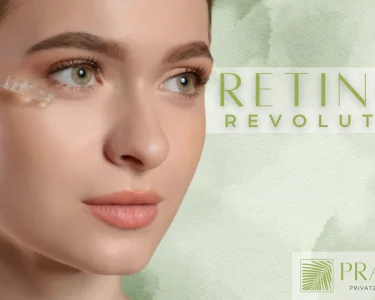In a world saturated with social media feeds and glossy magazine covers, it’s no wonder that comparison has become a common trap when it comes to beauty. This feature story delves into the detrimental effects of comparison and highlights the importance of embracing individual beauty and self-acceptance.
Comparison is a thief of joy, and nowhere is this more apparent than in the realm of beauty. Constantly comparing ourselves to others, whether it’s celebrities, influencers, or even our peers, can lead to feelings of inadequacy, self-doubt, and a distorted perception of our own beauty.
One of the main culprits fueling this comparison culture is social media. Platforms like Instagram, Facebook, and TikTok have created a curated space where people showcase their highlight reels, presenting their best selves and edited versions of reality. It’s easy to fall into the trap of comparing our everyday lives and appearances to these filtered snapshots.
Research has shown that excessive social media use is linked to lower self-esteem and higher body dissatisfaction. Endlessly scrolling through perfectly posed pictures can lead to unrealistic beauty standards and an unhealthy preoccupation with appearances. It’s essential to recognize that what we see on social media is often far from reality and that everyone has their own insecurities and struggles.
In addition to social media, traditional media outlets also contribute to the perpetuation of comparison. Magazine covers and advertisements often feature airbrushed and digitally altered images, setting unattainable standards of beauty. These images can create a false sense of what is normal or desirable, leading individuals to strive for an unattainable ideal.
Comparison not only affects our mental and emotional well-being but also hinders our ability to embrace our unique beauty. Every individual is born with distinct features, characteristics, and strengths that make them beautiful in their own way. By constantly comparing ourselves to others, we undermine our own self-worth and fail to appreciate the beauty that is inherent in our individuality.
Overcoming the comparison trap requires a shift in mindset and a focus on self-acceptance. Instead of striving to meet societal beauty standards or trying to fit into a predetermined mold, we should celebrate and embrace our own unique qualities. Beauty comes in all shapes, sizes, and forms, and it’s essential to recognize that true beauty goes beyond physical appearances.
Practicing self-compassion and gratitude can also help combat the tendency to compare. Rather than focusing on what we lack or perceive as flaws, we can shift our attention to what we appreciate about ourselves. Cultivating a positive self-image and recognizing our own worth can help diminish the power of comparison.
Furthermore, building a supportive network of friends, family, and mentors who encourage self-acceptance and celebrate diversity can be instrumental in overcoming the comparison trap. Surrounding ourselves with positive influences who appreciate us for who we are and uplift us can help foster a more positive and realistic perception of beauty.
In conclusion, comparison is indeed the thief of joy, especially when it comes to beauty. The constant comparison to others, fueled by social media and traditional media, erodes our self-esteem, distorts our perception of beauty, and prevents us from embracing our own unique qualities. By shifting our mindset, practicing self-acceptance, and surrounding ourselves with positive influences, we can break free from the comparison trap and cultivate a healthier relationship with beauty—one that celebrates individuality and self-love.




